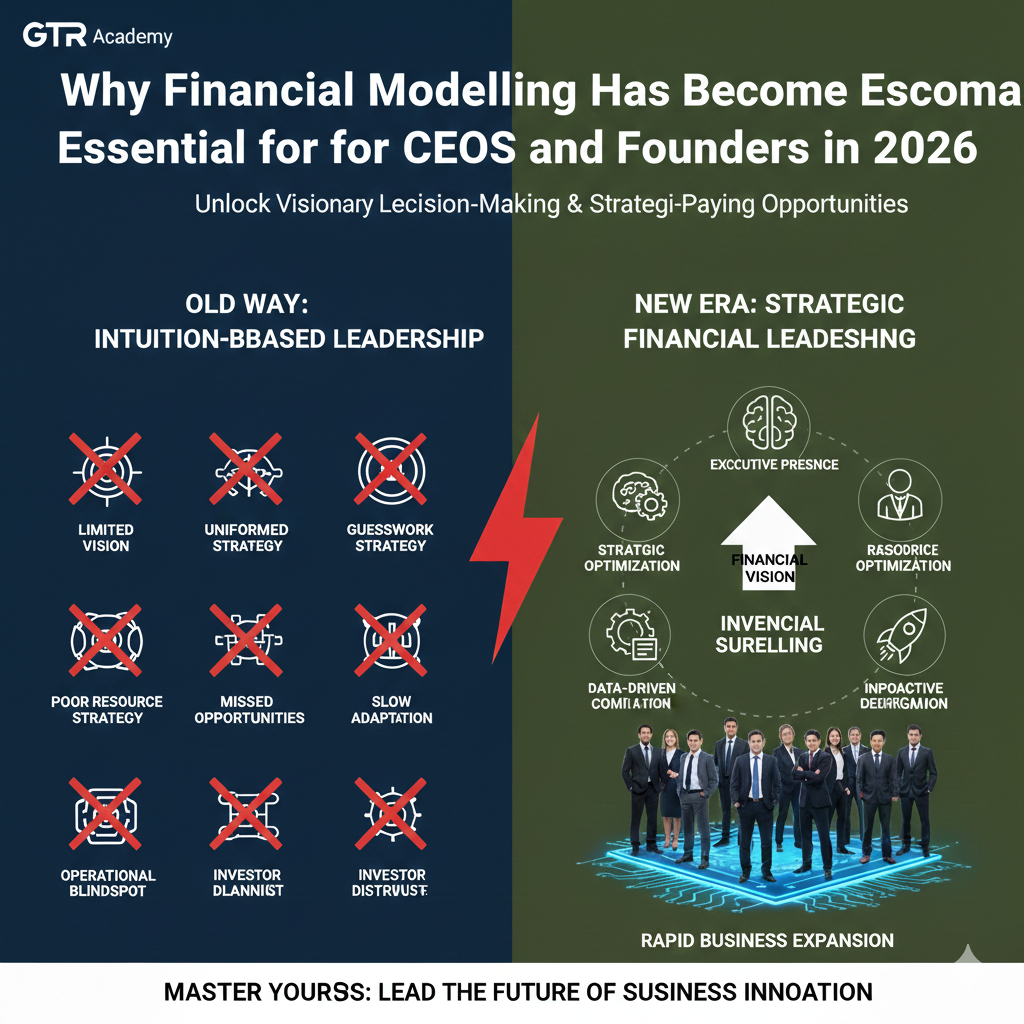SAP Materials Management (MM): Scope and Opportunities in Modern Supply Chains
- Executive Summary
SAP Materials Management (MM) stands as a critical pillar within SAP ERP systems, revolutionizing how organizations manage procurement, inventory, and supply chain operations. This whitepaper examines SAP MM’s expanding role across industries, emerging career paths, digital transformation potential, and strategic implementation best practices.
- SAP MM Core Overview
2.1 Module Definition & Key Functions
- End-to-end materials lifecycle management
- Core processes:
- Purchase requisition to payment
- Inventory valuation & movement
- Vendor evaluation & contract management
2.2 Technical Architecture
- Industry-Specific Applications
| Industry | Key Use Cases | Measurable Impact |
| Manufacturing | MRP integration, JIT inventory | 25-40% waste reduction |
| Retail | Automated replenishment, POS linkage | 30% stockout reduction |
| Pharma | Batch tracking, compliance reporting | 100% audit readiness |
| Automotive | Vendor consignment, Kanban | 15% procurement cost savings |
- Career Landscape & Skill Development
4.1 High-Demand Roles
- SAP MM Functional Consultant (85k−85k−120k)
- Supply Chain Analytics Lead (95k−95k−135k)
- Procurement Transformation Manager (110k−110k−150k)
4.2 Certification Pathways
- SAP Certified Application Associate – MM
- SAP S/4HANA Procurement Certification
- Integrated SAP MM-SD-PP Certification
- Digital Transformation Enablers
5.1 Emerging Technology Integration
- AI/ML: Predictive reordering algorithms
- IoT: Smart bin sensors for auto-replenishment
- Blockchain: Immutable supplier contracts
5.2 ROI Metrics
- 45% faster procure-to-pay cycles
- 60% reduction in manual data entry
- 35% improvement in supplier OTIF rates
- Strategic Integration Framework
6.1 Cross-Module Synergies
6.2 Implementation Roadmap
- Phase 1: Process mapping (4-6 weeks)
- Phase 2: Master data cleansing (8 weeks)
- Phase 3: Pilot deployment (12 weeks)
- Phase 4: Organization-wide rollout (6-9 months)
- Implementation Challenges & Mitigation
| Challenge | Solution | Success Metric |
| User adoption | Gamified training | 80% proficiency in 60 days |
| Data quality | Automated validation rules | 99.5% master data accuracy |
| Process gaps | Fit-Gap workshops | 100% business process coverage |
- Future Outlook (2025-2030)
8.1 Predictive Capabilities
- Autonomous procurement bots
- Prescriptive inventory optimization
8.2 Market Projections
- 22% CAGR for cloud-based SAP MM solutions
- Triple demand for MM-EWM hybrid specialists
- Conclusion & Recommendations
Strategic Takeaways:
- SAP MM delivers 3:1 ROI within 18 months
- Combined MM-S/4HANA implementations show 40% greater efficiency
- Next-gen skills in MM-AI integration will command 30% salary premiums
Implementation Checklist:
- Conduct current-state process assessment
- Secure executive sponsorship
- Develop change management plan
- Establish Center of Excellence






